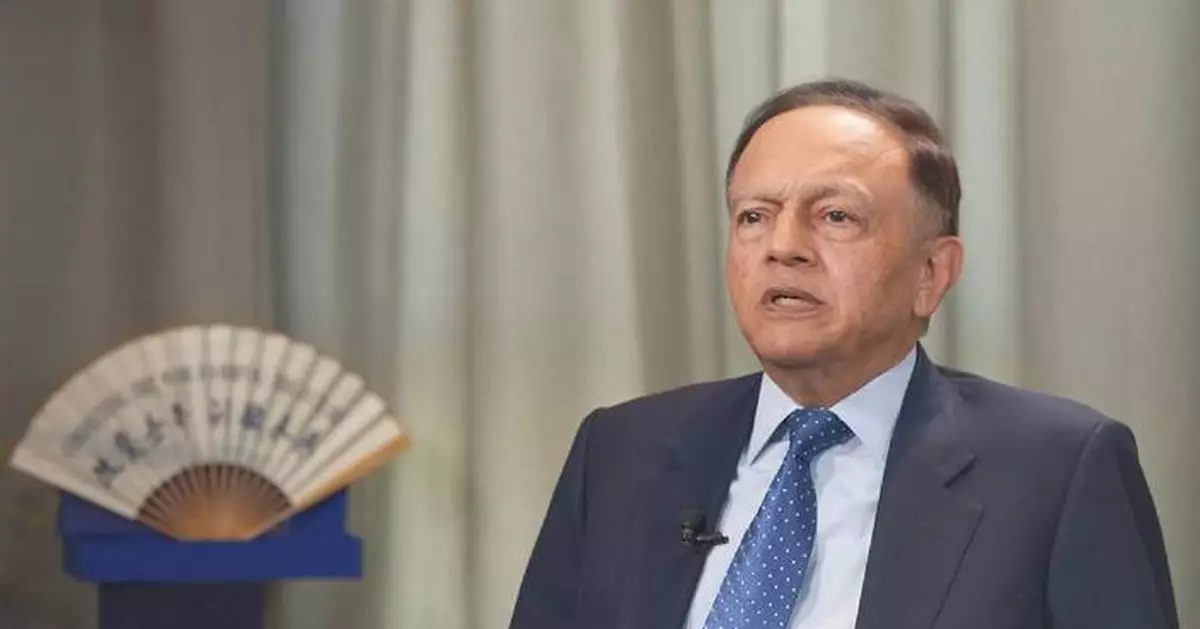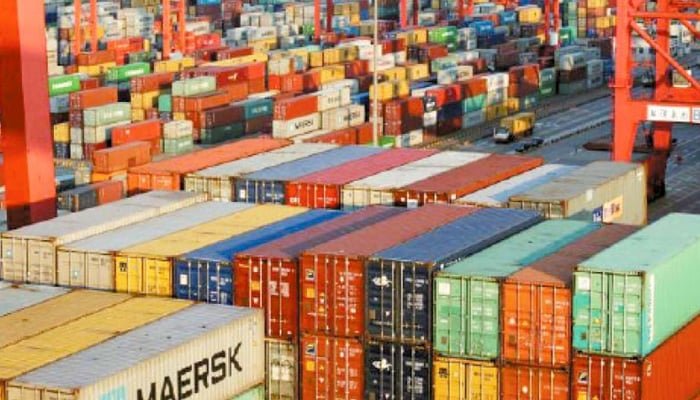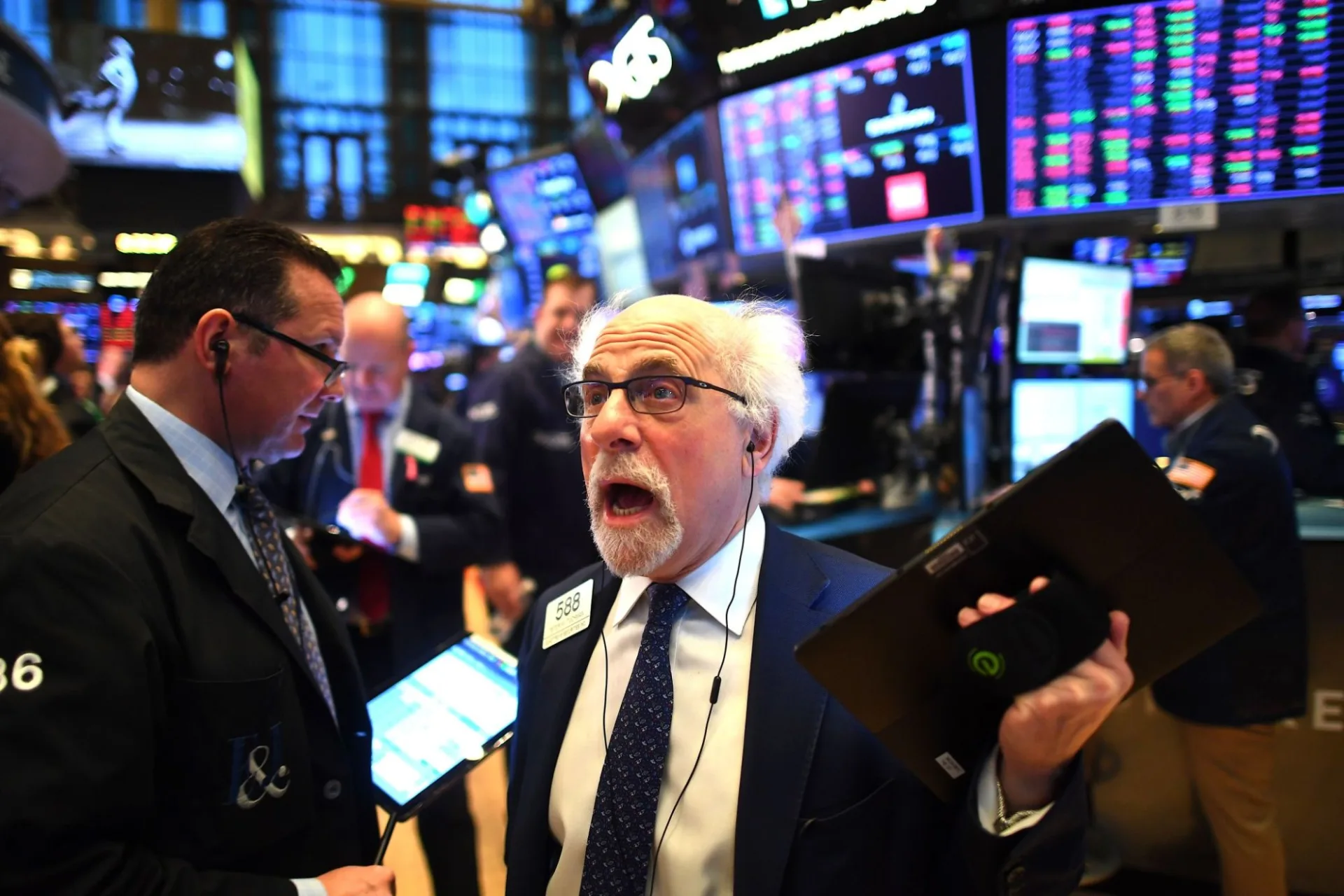Finance ministers and central bank leaders from around the world are gathering in Washington this week for the annual meetings of the International Monetary Fund (IMF) and World Bank, as they face significant challenges including ongoing conflicts in the Middle East and Europe, a slowing Chinese economy, and the potential impact of the upcoming US presidential election.
With over 10,000 participants expected, discussions will focus on strategies to stimulate global growth, address debt crises, and fund the transition to green energy. However, looming over the proceedings is the uncertainty surrounding the Nov. 5 election and the potential consequences of a victory by Republican candidate Donald Trump, who could impose new tariffs and shift away from climate initiatives.
Josh Lipsky, former IMF official, emphasized the importance of the election’s outcome, noting it will have significant implications for trade policy, the US dollar, and global financial stability. Democratic candidate Vice President Kamala Harris is anticipated to maintain the current administration’s collaborative approach to economic and environmental issues if elected.
As the meetings commence, US Treasury Secretary Janet Yellen may be participating in her final IMF and World Bank gatherings, as she plans to conclude her public service at the end of President Biden’s term.
Discussions will also center on rising anti-China trade sentiment and the recent imposition of tariffs on Chinese goods, with the IMF set to release updated global growth forecasts amid a challenging economic landscape characterized by high debt levels.
Georgieva, the IMF Managing Director, pointed out that while the global outlook remains weak, there are resilient sectors, particularly in the US and India. However, the meetings will also address the liquidity crisis affecting emerging markets, as dwindling foreign aid hampers development investments.
In light of last year’s conflicts affecting the region, participants will evaluate the economic fallout from ongoing violence and its potential to disrupt oil and gas supplies globally. Support for Ukraine will also be a key focus, with discussions on a proposed $50 billion loan intended to stabilize the country amidst geopolitical tensions.
Despite these challenges, World Bank President Ajay Banga urged participants to focus on actionable solutions rather than merely acknowledging existing problems, marking a proactive approach to the institution’s 80th anniversary.



